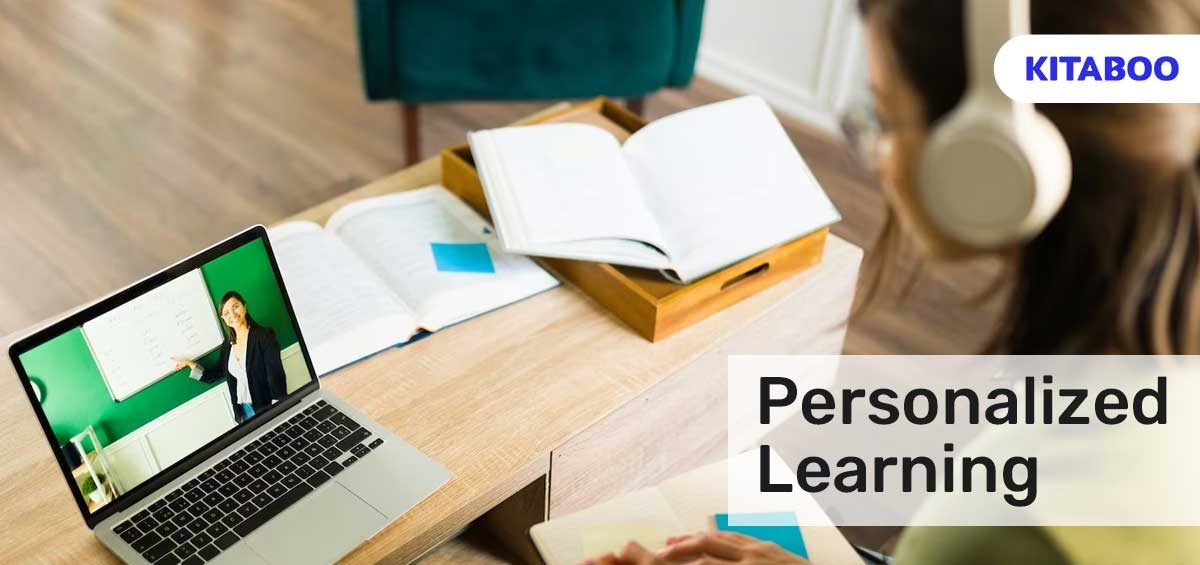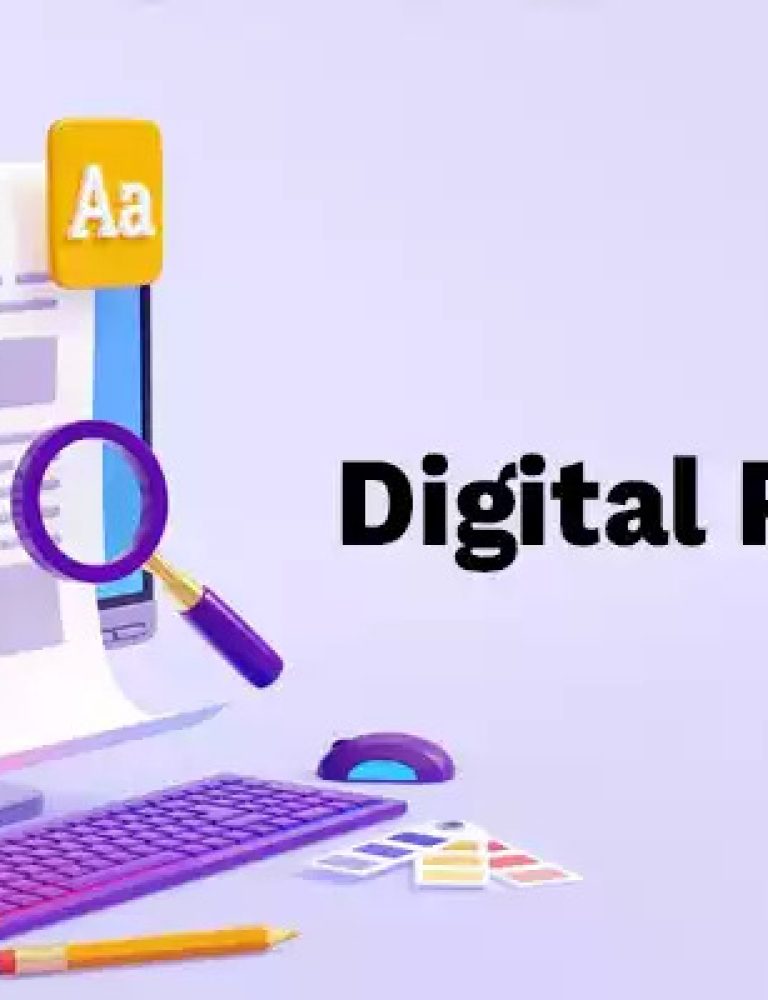Do you know why personalized learning is so popular with learners and readers worldwide? It is because they get the freedom to decide how, by what means, where, and when they wish to consume digital content.
Learning personalization helps to enhance the quality of education overall by delivering excellent results and outcomes. It helps all the students to stay on par with each other and contribute knowledge to the shared pool.
There are many ways that publishers can include personalized learning experiences for students. One of these ways is using reputed digital publishing platforms like KITABOO that provide forward features and allow learners to consume knowledge in their own way.
Table of Contents
I. How Does Personalization Impact Learning and Reading?
II. How to Craft Personalized Learning Experiences as a Publisher?
- Assessment Automation
- Information Collation
- Smart Revisions and Recaps
- Analytics
- Content-Use Tools
- Improvement of Learning Outcomes
- Smart Prompts
III. Wrapping Up
How Does Personalization Impact Learning and Reading?
Personalization of learning experiences provides several benefits to the learners:
- It helps them address and manage their needs in a better way. For example, a learner with difficulty reading or understanding text would have a way to personalize their experience by applying text-to-speech to the learning module.
- It helps them gain control over their learning curve, curriculum, and process. Today, the learner base is diverse – from school students to working moms, from salarymen to entrepreneurs – everyone has access to online courses. Personalization helps them control their learning process by pacing their course and adjusting other parameters according to their own time.
How to Craft Personalized Learning Experiences as a Publisher?
Suppose you are a digital publisher looking to personalize learning experiences for your readers. In that case, you can consider leveraging these 7 tools and options to achieve the desired results from the course modules.
1. Assessment Automation
The best way publishers can customize assignments is by automating the assessment process by considering each individual learner’s progress individually.
You should focus on how far every student has progressed in the course and the sections in which they are excelling or facing challenges. Automating these assessments helps publishers target the areas of concern more effectively.
It also helps publishers provide tailored reading recommendations to students that are highly relevant to the areas of their interests and concerns as their learning progresses.
2. Information Collation
Another way publishers can personalize the learning experience for students is by including a function in the eBooks or course modules that enables them to collate information.
For example, if a student wishes to retain a screen or notes from a variety of course resources for future reference, the learning platform should be able to provide this feature.
It helps each student to have handy access to concepts they like to read or would like to brush up on later.
3. Smart Revisions and Recaps
One great way to personalize the learning experience is by providing customizable, smart revision snippets or lesson recaps.
Each student grasps differently – leveraging AI to derive learning analytics of each student helps to create a learning module that adapts to student needs.
Based on the time spent on each section and the performance in assessments, AI-based algorithms then produce a customized summary or lesson recap that helps the students see where they excelled and the areas they need further improvement.
4. Analytics
Dedicated analytics are an excellent way to implement personalization customized to each individual learner. There are excellent digital learning solutions given by digital textbook platforms like KITABOO who employ the power of AI and ML to generate individual analytics for each learner.
It helps the publishers and educators see a plethora of information:
- Student performance
- Student engagement
- Lesson progress
- Use of course modules
- Time spent on each section and assignment
All of this information can then be used to design a personalized, effective course.
5. Content-Use Tools
Publishers have the option to provide several tools to the learners that enable them to craft their own learning journey and use the course modules better.
For example, features like bookmarks, highlighters, note-taking, screen capture, search tools, etc., make it easier for learners to use the learning content as they see fit.
While bookmarks allow them to come back to a page later, highlighters allow them to keep a tab on important concepts. In the same way, advanced search features help students search for information more readily by applying context-based and semantic search throughout the module.
6. Improvement of Learning Outcomes
The use of modern technologies like artificial intelligence (AI) and machine learning (ML) in your online learning modules helps to improve learning outcomes drastically.
By understanding the patterns, habits, and preferences of the learners, these AI and ML engines automatically tailor the course and pace the progress in a way that suits the candidate best.
The recommendations these engines generate target the areas of improvement where the candidate needs to pay more attention. Furthermore, these features are capable of generating personalized revision sessions for students.
7. Smart Prompts
Smart learning modules are equipped with prompts that pop up on the screen for a quick quiz, fact, concept, or trivia related to the course.
It is automatically personalized to the learner’s progress and performance. It is tailored to provide bite-sized revisions or revisits to concepts that they have been forgetting or facing trouble with.
Such a manner of personalized repetitions help learners to retain information for longer and perform better overall in the online learning environment.
Wrapping Up
Personalization has a significant impact on engagement, performance, progress, and recall. As a publisher, it is important to know how learning content can be personalized to help educators create the best course possible for their students.
Partnering with digital textbook platforms like KITABOO helps to design, create, and deliver courses that are intelligent and adapt to the student’s needs. If you wish to know more about KITABOO, visit the website.
Contact our expert team now and get started!
To know more, please write to us at KITABOO@hurix.com.
Discover How An Ebook Conversion, Publishing & Distribution Platform Can Help You
Kitaboo is a cloud-based content platform to create-publish & securely distribute interactive mobile-ready ebooks.
You May Also Like
-
Digital Publishing Solutions: Innovate and Excel in 2024
Blog,Digital Publishing,eBook solution / February 21, 2024









